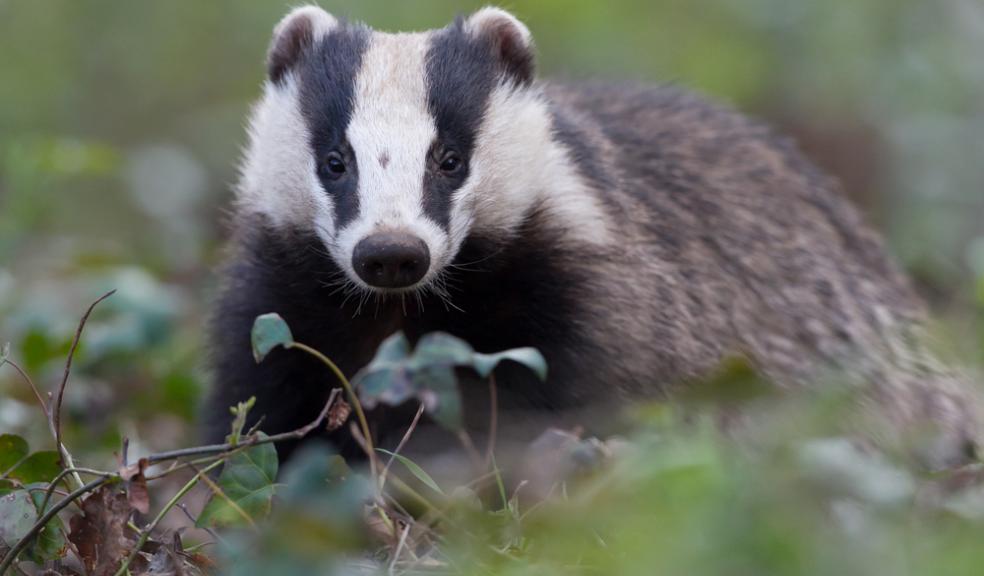
RSPCA relief as Government acknowledges futility of badger cull
The RSPCA is relieved to hear the Government has put a stop to the badger cull in Gloucestershire three weeks early.
Sources say the cull will end at noon on Saturday rather than the 18 December date planned after those carrying out the cull did not meet even their reduced target.
The initial six-week pilot cull ended in October, but was then extended for another eight weeks because only 30% of the local badger population were killed rather than the 70% which scientists said was necessary for the cull to have any chance of reducing bovine TB in cattle.
Now Natural England has said it has ended the cull ahead of schedule as shooters had been unable to reach even the amended target.
RSPCA Head of Public Affairs David Bowles said: "At last the government has acknowledged that the culls have failed – they have failed to reach their target numbers and failed to do it in the allocated time. We just cannot understand why it took so long for this realisation to hit.
"It was patently clear at the end of the initial cull period in Gloucestershire that the numbers of badgers being killed were way off the intended target. The farce should have ended then.
"Instead we have a situation where more badgers have been needlessly killed, animals continued to be cage trapped despite the appalling weather and where the problems of bovine TB in cattle could have been made worse not better in these areas.”
David added: “The Government should now admit the trials have failed and halt any plans to roll this cull out to other areas.
“It could not be clearer that this trial cull has not worked and it would be complete madness to continue along this misguided path.”
The trial cull in Somerset was also extended after failing to meet its initial target, but still failed to reach the required target of 70% after the extension.
Extending the culls meant they were longer than the period recommended to Defra by a group of scientific experts based on the original Randomised Badger Culling Trial (RBCT).
It was using these recommendations that the current cull methods were developed, so any extension would go against these recommendations and could potentially make the situation worse. The trial found that culling below 70% of the population could lead to badgers moving out of their territories and so spreading the disease further afield.
The RSPCA was appalled when the first shots were fired against badgers at the end of August. The charity cares about cattle and badgers equally but does not believe a cull is the answer to bovine TB in cattle. We remain committed to persuading the Government to put a stop to what we believe is a misguided, unethical and unscientific attempt to control bovine TB in cattle, which will not help solve the problems caused by this devastating disease or benefit cattle, badgers or dairy farmers and rural communities.











